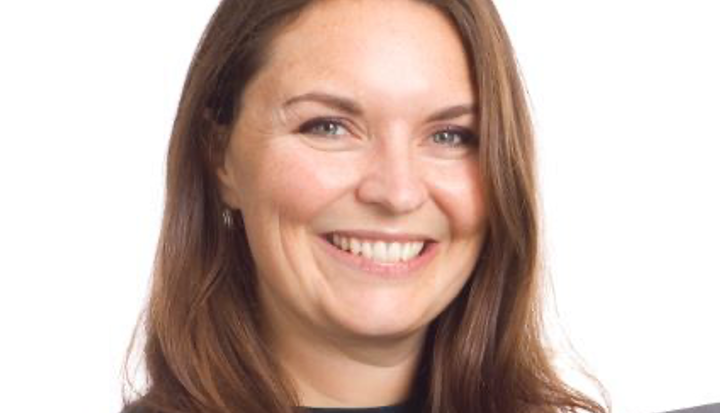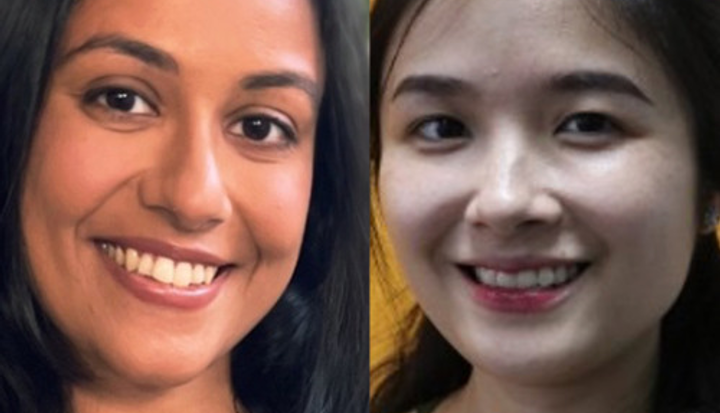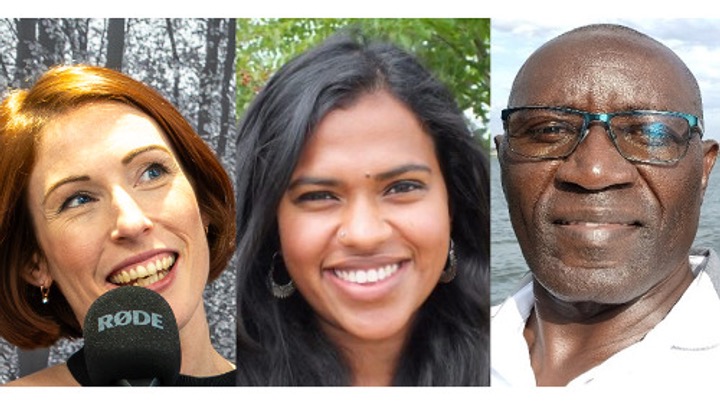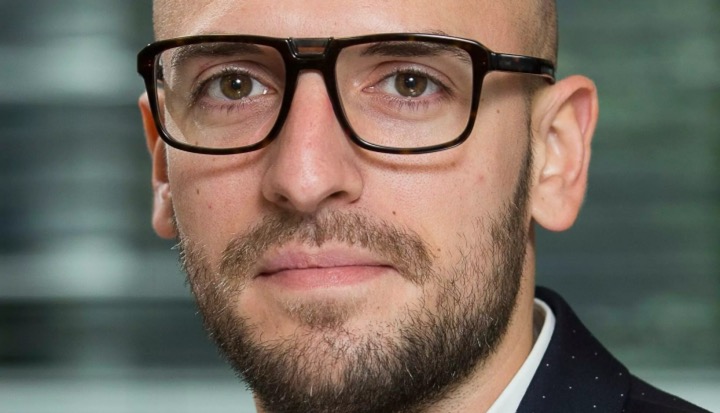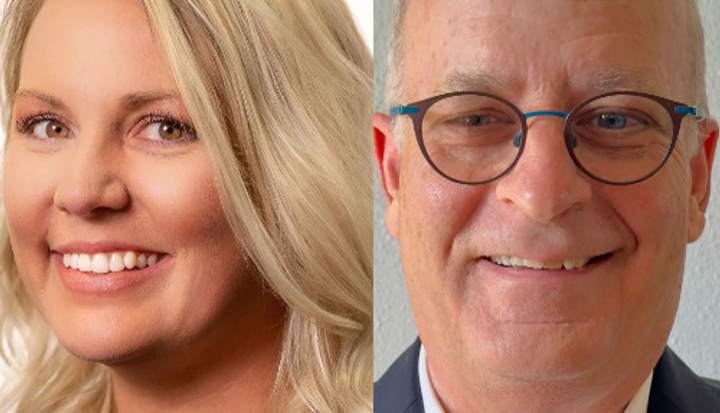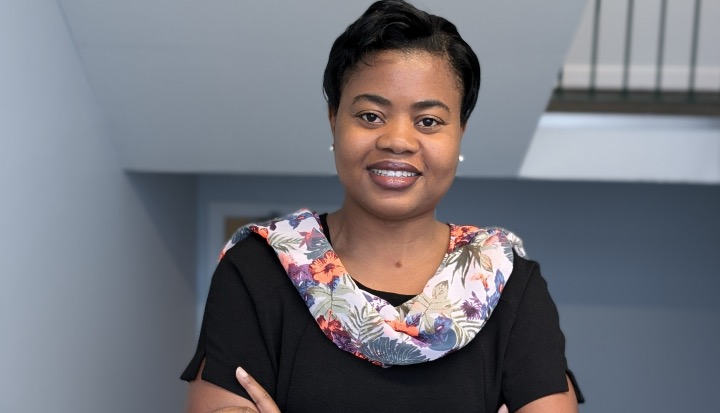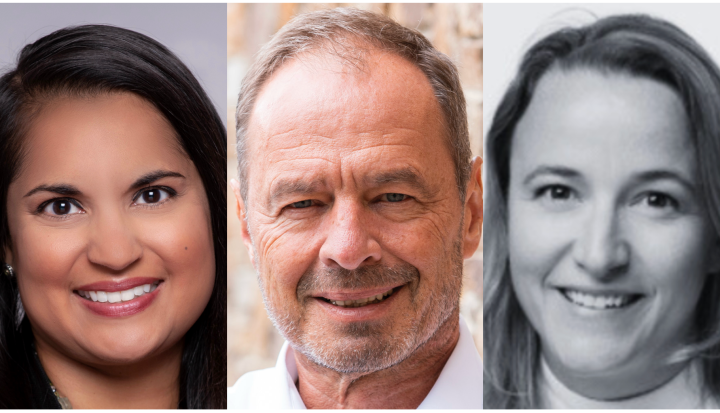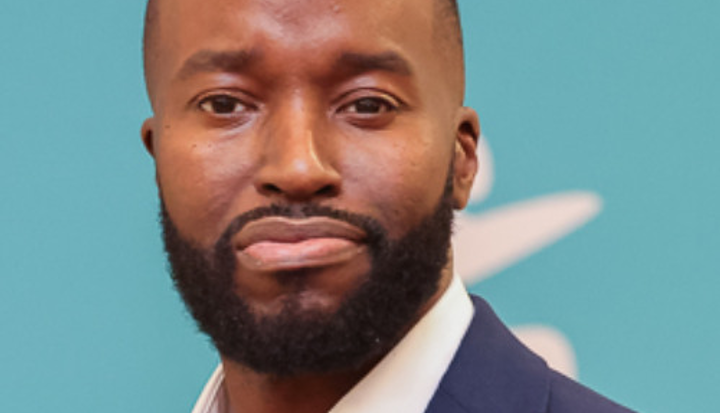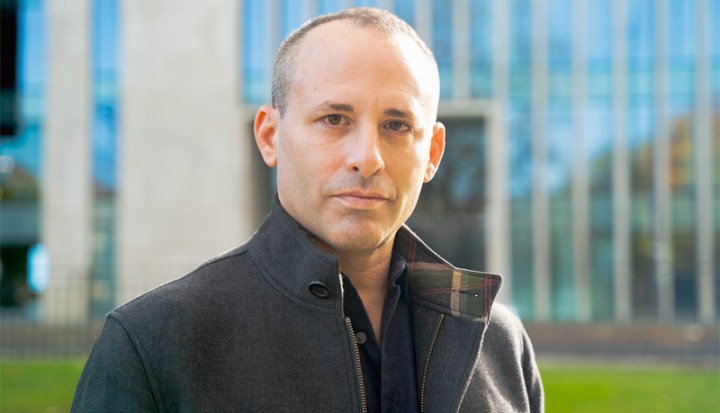
BFP: What do you do?
 DB: The team that I work in is called Global Health Programs and we are a team of 10 people who are dedicated to helping further GSK initiatives focused on access to healthcare in the most underserved communities.
DB: The team that I work in is called Global Health Programs and we are a team of 10 people who are dedicated to helping further GSK initiatives focused on access to healthcare in the most underserved communities.
Two key strategic themes for GSK are innovation and access. ‘Innovation’ is all about inventing the next wave of medicines and healthcare and vaccines, for example the new malaria vaccine that has just recently been in the news. ‘Access’ is how do you make sure that the products that you have are accessible to people at the right price and actually get to the people that need them the most, rather than just a smaller proportion of people who are either are able to afford them, or who are located in cities, or live in more developed countries.
That’s what we do, as a team we work alongside the business to help deliver one of its key objectives – improving access to healthcare.
For GSK it is not about having corporate social responsibility programmes and separately carrying out your business, it is about being a responsible business – bringing the two together.
BFP: What is the best part of your job?
DB: I’ve been in my current role for a couple of years and what is exciting to see, is that we are moving from programme set up to a stage where we are beginning to see the impact of our initiatives.
A year ago we could say, ‘this program has trained 500 people in this country’ and now what I am seeing in reports is amazing. There is already a difference in the mortality and the morbidity rates in a number of communities. For example, in Nepal we have a program, based in the most western part of the country. In this community we have seen a change in mortality rates for mothers and children from over 350 down to about 50 over the project period. We can’t say that is due to our work alone, but what we have delivered is the training of health workers who work with women and children on their health issues. So to actually see those changes in health and mortality rates is fabulous. Moving to that place where we you can really start to see the impact of the work we are doing- that is one of the highlights of my work.
BFP: What have been your greatest challenges?
DB: I face my greatest challenges when trying to make sure that we are consistent in what we do.
We are currently managing projects in 35 of the 49 least developed countries, there are some very worthy projects and ideas that people have, that don’t meet our focus areas, so it just doesn’t make strategic sense to invest in them. Even though they are great projects.
For example, a manager could approach me explaining, there is a huge need in Myanmar for hygiene and sanitation and there is this great organization that we could use our 20% profit reinvestment commitment to support it. Perhaps fund their school hygiene and sanitation programme. And despite it being a great programme and all the work going into it, we have to say no we can’t support it. This is not an easy thing to do and it is the most challenging part of my role.
In order to be focused on what we are doing we sometimes have to say ‘no’ to things. We have a very clear sense of where our strengths are and where we can provide the greatest support, in the end it always makes the most sense to stick to that.
BFP: How do you overcome those challenges? What advice would you give to others?
DB: There are ways to overcome this. Whilst our 20% profit reinvestment approach has a clear strategic remit of what we can invest in, there are other local funds that can be used for worthwhile programmes that fall out of those parameters
There are contributions that can be made that don’t involve money. At GSK there is a scheme called ‘PULSE’ where employees can take up to 6 months to volunteer for an NGO in the UK or overseas. We also have ‘Orange Day’ where people can take a day from work to volunteer their time to an NGO of their choice. All 100,000 employees have an opportunity to take that one day a year to go and work for an organisation they want to support.
BFP: So if someone wanted to do what you do, where should they start? What career route did you take?
DB: I’ve had quite an unusual career path, I did a science degree and PhD because I loved science when I was at school. I joined GSK as a graduate trainee because although I wasn’t clear on what exactly I wanted to do, I did know that I wanted to be part of an organisation that used science to make a positive impact.
In total I’ve been at GSK for fifteen years, I did three years as a graduate trainee in finance and then I moved into more commercial roles for five years. On the GSK graduate scheme I had placements all around the organisation. This gave me a good understanding of how the whole organisation comes together.
A pivotal point in my career is when I took part in PULSE, the employee volunteering scheme, where you can go overseas and work for an NGO. I went to Sri Lanka and worked for a disability organisation for six months.
In Sri Lanka I got to experience first hand some of the issues and challenges that you see working at an NGO. It gave me real insight into how distant that reality is from the funding which is signed off in London. This experience confirmed for me what I wanted to do more than anything, so I came back to the UK and I got into the area of the business that I am in now.
BFP: Finally, what do you hope to get of being part of the BFP community?
DB: BFP helps with connectivity – keeping your eyes and ears open and being aware of how things are developing. It’s important to hear others’ ideas and initiatives and reach out to make connections to other organisations. It can also be helpful for getting an idea of those we could work with in the future. Partners who would be able to add to what we are doing as an organisation and vice versa.
BFP can help us to get our message out there. That was one of the things that we wanted to do when GSK CEO Andrew Witty announced the 20% reinvestment approach. We wanted others to be able hear about it. So multinationals working in least developed countries could learn about the approach we are taking at GSK and consider adopting a similar type of model in their business.
I think it’s really important to get out of your own organisation to hear what other people are doing as well as sharing with them what you are currently working on – learning from each other.
Thank you to Daryl Burnaby for taking the time to do this interview.
We’re always looking out for members to feature. Help us by taking two-minutes to update your profile, or by nominating someone for Business Fights Poverty Member of the Week.
Read previous Member of the Week interviews here.

